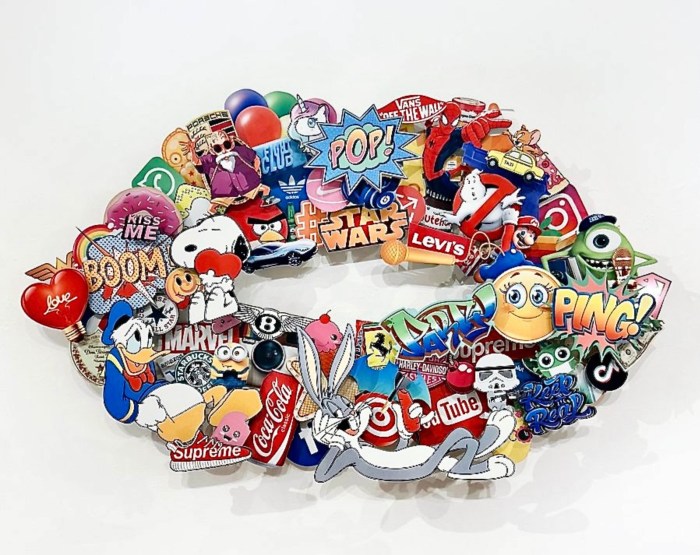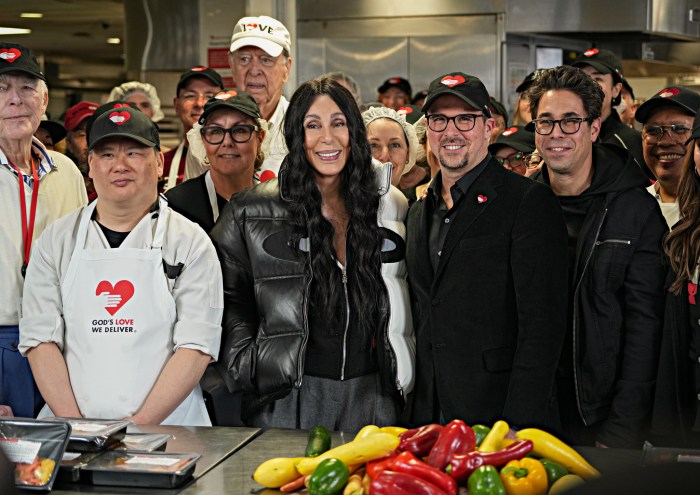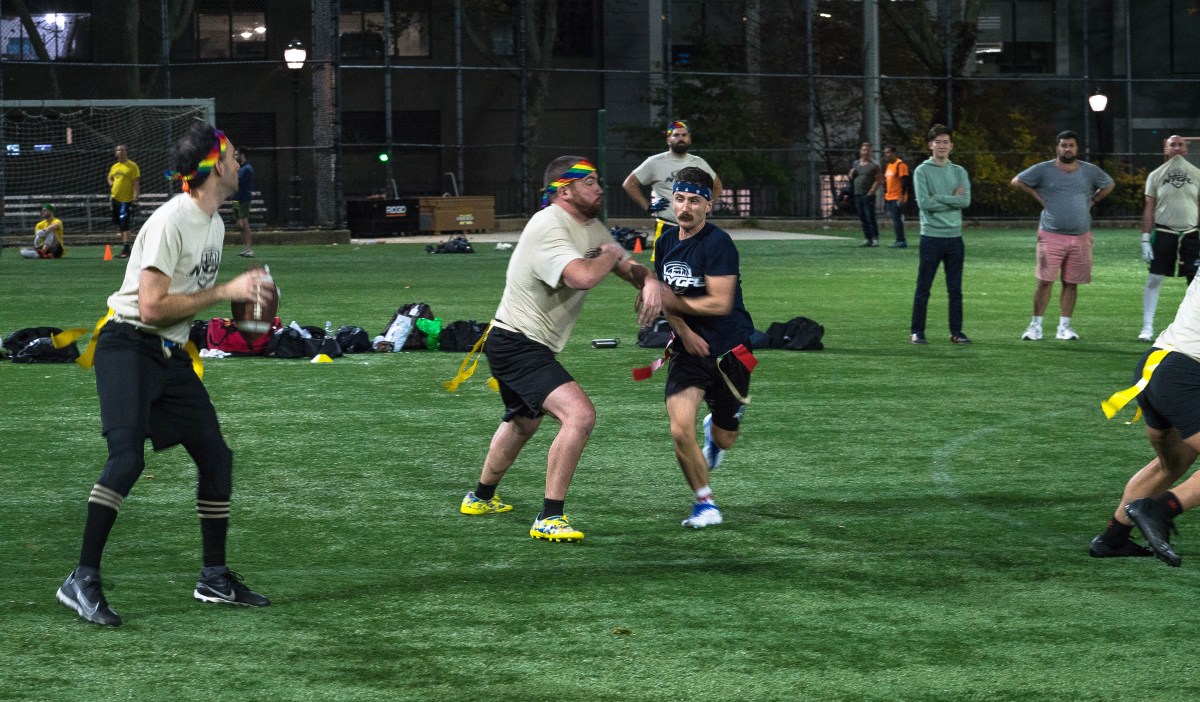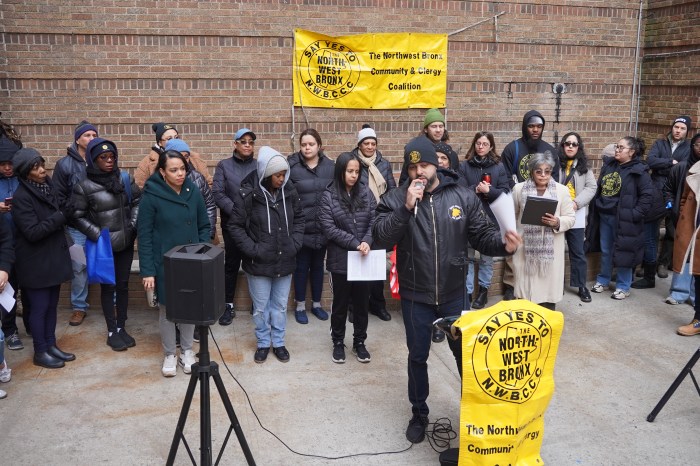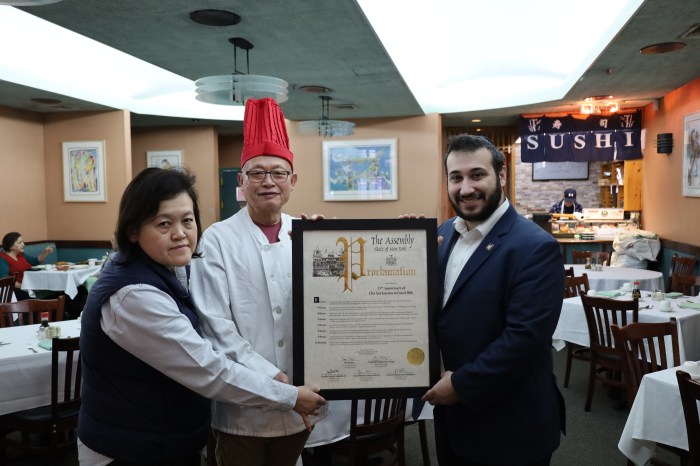
Richard Russo’s ninth novel, “Chances Are …,” is a well-intentioned, easy thriller about a missing person, but is marred by its formulaic plotting and outmoded ideas about gender.
In college, Lincoln, Teddy and Mickey were all in love with their friend Jacy. The foursome celebrated graduation on the Vineyard in 1971, but Jacy left before dawn at the end of the weekend and they never saw her again. Now it’s September 2015 and the three 66-year-olds return to the Vineyard for one last hurrah.
These men are rather dull archetypes: Lincoln, the family man, though his wife exists mainly over the phone here; Teddy, the (ostensible) intellectual, who is confused what a female colleague could want if “they weren’t having sex [or] he wasn’t giving her free drugs”; Mickey, the rebel, a draft dodger still living the rock ‘n’ roll lifestyle playing gigs till the wee hours and getting in fights.
Chapters alternate between Lincoln and Teddy recalling how they pined for Jacy and wondering what the heck happened to her. Might Mickey know since he fled to Canada right when Jacy disappeared? Hmm. Unfortunately, they don’t ask him for the first 220 pages (or 44 years).
The biggest problem, however, is the attitude toward women, especially Jacy, who for most of the book is little more than a “braless“ bauble the men covet. Gendered bromides litter the text — “being a woman” means wanting “clarity” and always having “mints and wipes in [your] purse.” There is the seemingly obligatory reference to the 2016 election, which amounts to little more than Lincoln musing that he could never vote for Hillary.
It’s not that aging white men who think like this don’t exist; it’s whether or not you really care to read their stories anymore.



